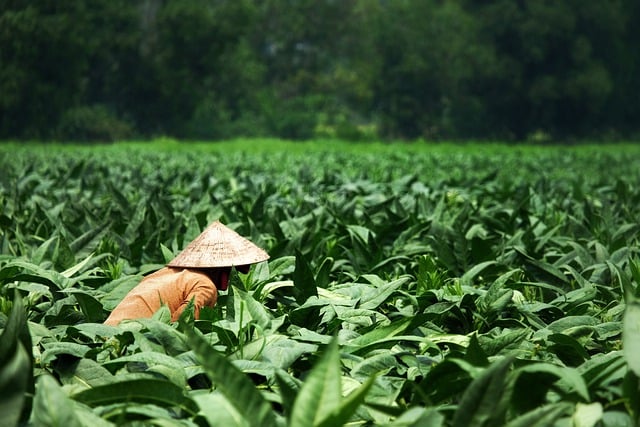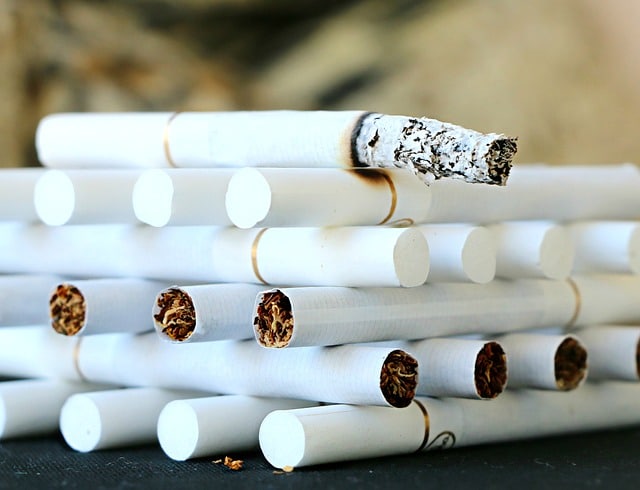
The Spanish crown controlled tobacco production through its tobacconists.
The notion of watertight is used in different ways depending on the context. The term can appear as an adjective or as a noun .
waterproof compartment
A compartment that has no communication with others is classified as watertight. The concept is used in the field of maritime to refer to the sector of a vessel that is able to be isolated from the rest .
Watertight compartments , in this sense, provide protection to those who are on a ship that is flooding. This section, by closing the hatches and doors, can be insulated. The adjective watertight also refers to a boat that is well prepared or that has been restored, meaning it is sealed and does not leak .
State provision
The tobacconist, on the other hand, is a provision that prohibits the free sale or circulation of certain merchandise , generally fixing the price. This is a prohibition ordered by the State .
Throughout history, different types of tobacco shops have been established, such as the tobacco tobacco shop , the salt tobacco shop , the postage stamp shop , and the liquor tobacco shop. The place where stagnant goods are sold is also called a tobacco shop.
Currently, in Spain we find stores that carry this name very frequently, and there we can buy many different products, beyond tobacco . For example, it is a business in which we can recharge travel cards comfortably before boarding a means of public transport. They also offer candy, stamps, phone cards, soft drinks, stationery, mobile phone accessories, toys, nuts and lottery tickets, among many other items in various categories.
New Spain tobacconist
In the 18th century , for example, tobacco tobacconists were established in the Spanish colonies. In this way, in the Viceroyalty of New Spain , the cultivation areas were restricted to favor their control and a monopoly was created both on the cultivation and on the processing and sale of plants and their derivatives, leaving everything in the hands of the metropolis .
When José Bernardo de Gálvez y Gallardo , the first Marquis of Sonora, arrived in New Spain, this tobacco tobacconist emerged. The aforementioned restrictions led to an expected rise in violence in several parts and even smuggling emerged. Later, independence severely eroded the tobacconist.
Saltpeter tank
In Peru, the saltpeter monopoly consisted of various measures that took place in the 1870s with the purpose of increasing tax revenue from such mineral. To do this, they put in place strict control that governed both its exchange and its price. In 1873, the State created a tobacconist for this purpose. However, it lasted only three years, and then it took over the companies that traded this resource, which until then were private.
Through the law of 1873, the State planned to purchase the production for a minimum price, and then divide the profits between the producers and the treasury if they managed to exceed a certain goal. For administrative aspects, they would have the Lima, Perú, Providencial and Nacional banks.

In the current Spanish tobacco shop you can buy many products in addition to tobacco.
Tobacco Village
As its proper name, Estanco is a village located in the Spanish parish of Presedo, belonging to the municipality of Abegondo, which is located in the province of La Coruña, in the autonomous community of Galicia.
With respect to Presedo, we can say that in addition to Estanco, it is made up of nine other entities: A Agra, Ascarís, Axilda, Barral, Bedugos, Brandián, Campo de Nuestra Señora de la Saleta, Costa, Lama and Presedo. Abegondo, for its part, has a population that by 2022 will barely exceed 5,500 inhabitants, the majority of whom are dedicated to agriculture.
